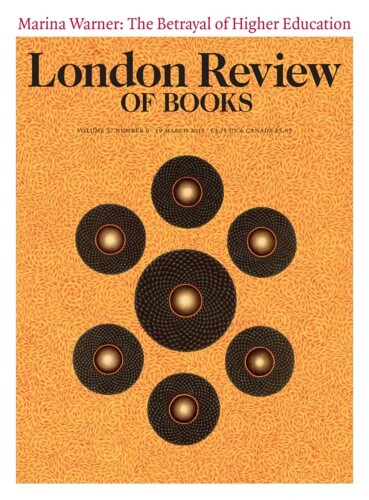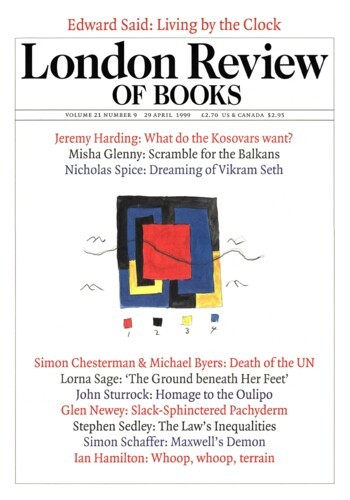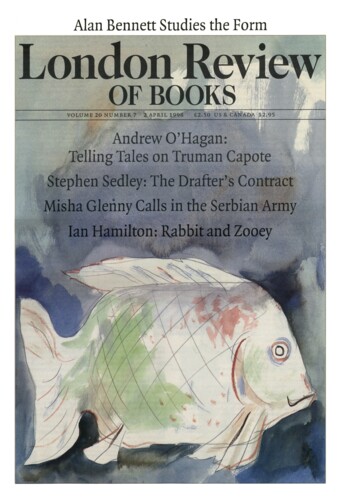How to Buy Drugs
Misha Glenny and Callum Lang, 7 November 2019
In early February this year, what appeared to be a website glitch sent thousands of drugs-buyers into a panic. Liam (not his real name), a student at Manchester University, needed to buy some MDMA for the weekend’s big party. So he did what he had been doing for the last two years: he opened up the Tor browser to get on to the dark web, and typed in the address for Dream Market, the...





